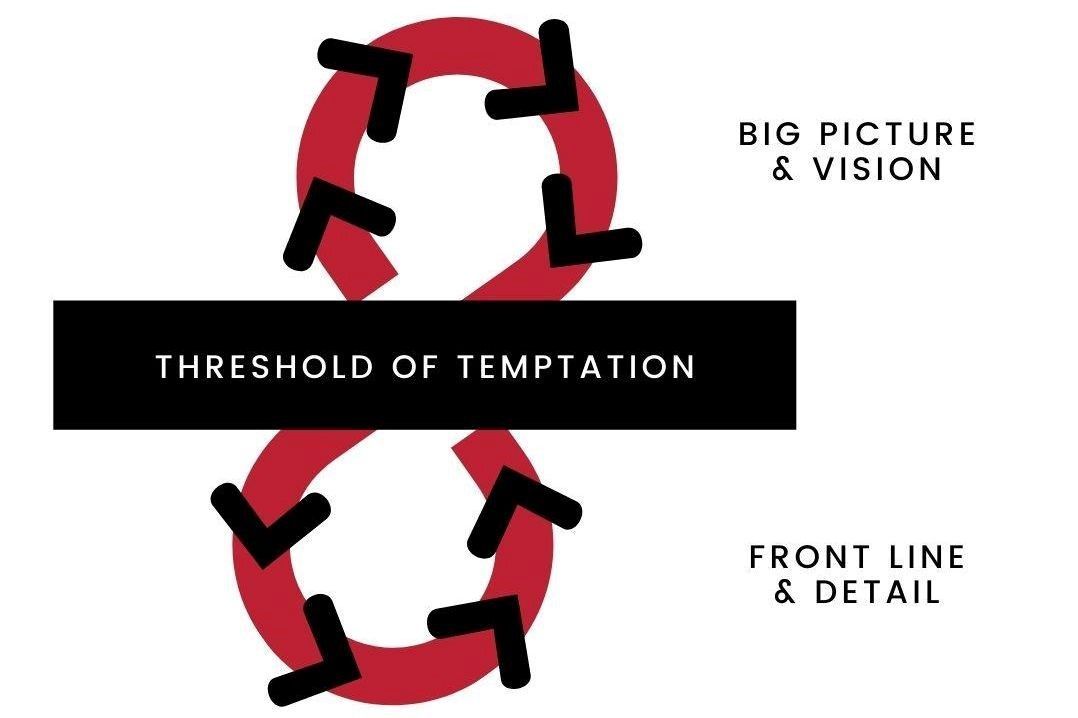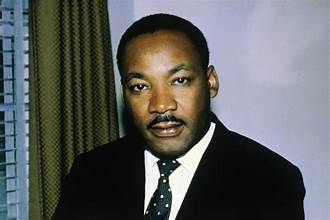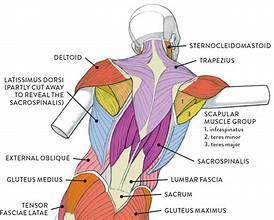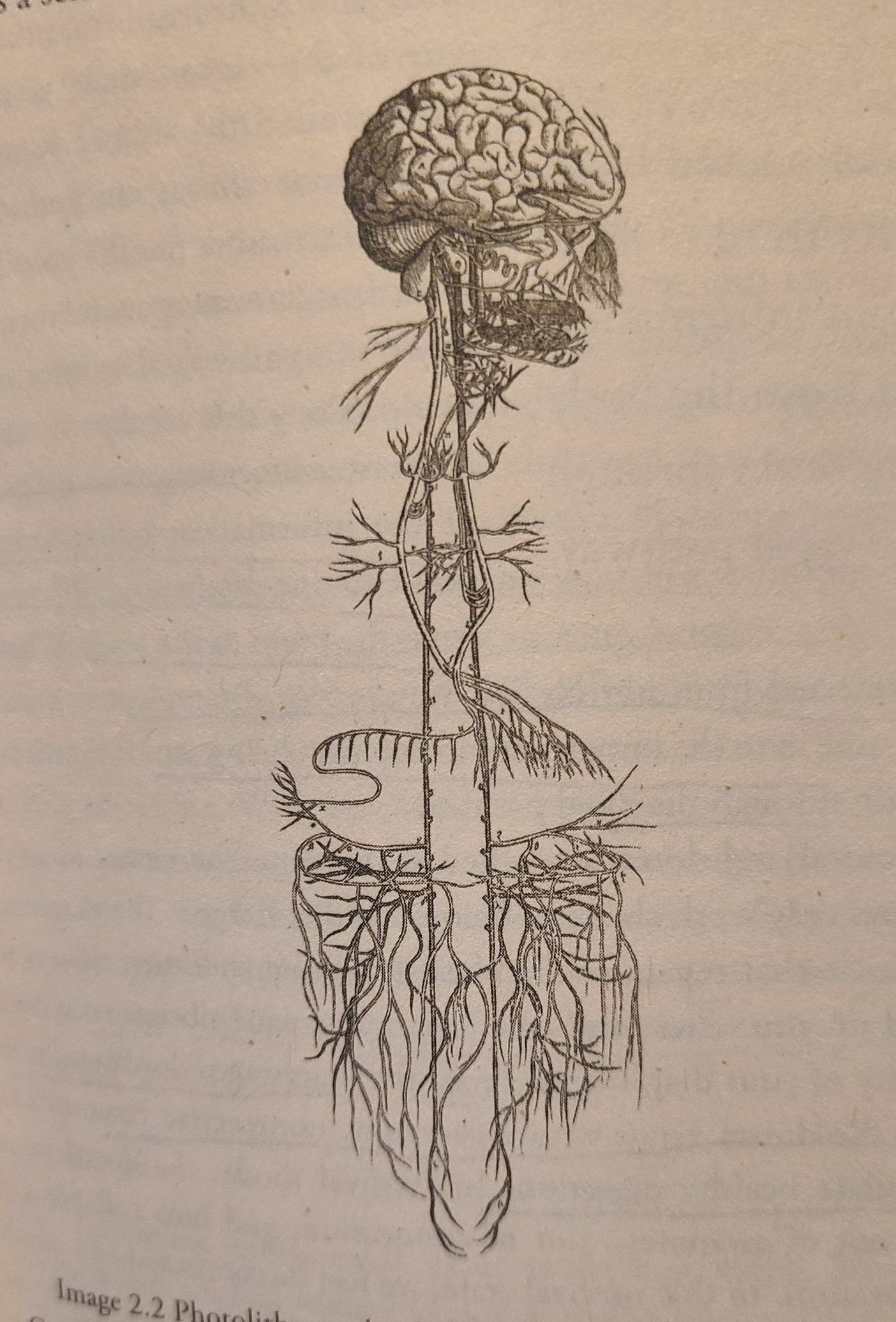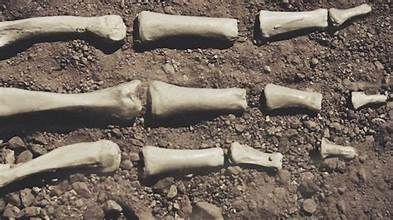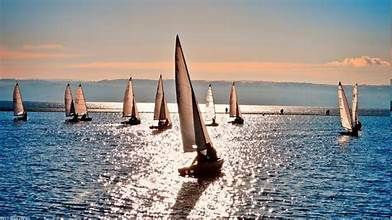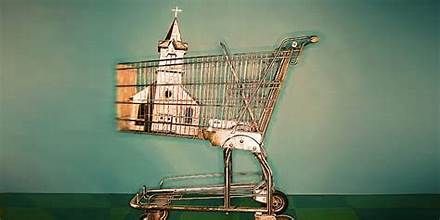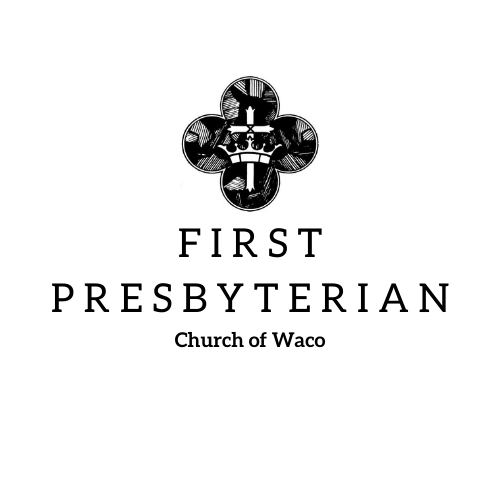Two Curves
COVID 19 and Learning
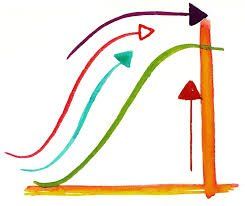
THE curve. There are daily counts for our counties, states, nations, and world. Some regional curves are going down, others are spiked, and some curves have flattened out. Everyone seems to be anticipating a second wave. THE curve, over the next two years may end up feeling more like a roller coaster. But this is not the only curve at work during this pandemic. Another curve presents with an opposite challenge. The second curve, too, is steep. Even so, the goal is not to flatten this curve but to find a way to ascend it. Like any generation caught up in a pandemic or public crisis, we find ourselves in need of leverage and momentum for a learning curve.
Many have noted the urban and public health improvements that emerged from the 1918 Pandemic. Even though many in the early 20th century had an intellectual appreciation for germ theory, it took the pandemic to bring improvements to the public health through, clean water supplies, sewer systems, and the replacement of the horse with the electric street car and trolley. The crisis that claimed individual lives challenged the culture of the time to find systematic responses that would better support the urban and industrial life that was rising up around them.
Fast forward to 2020 and our global and virtual world into which the novel corona virus has arrived. This virus has spikes that have been likened to a gently deceptive music score [1] with the ability to nimbly assault multiple organ systems with A-2 receptor proteins. [2] Symptoms are not always consistent nor are they always overt. The novel corona virus deals in complexity. A complex virus for a complex world characterized by global industry and travel, instantaneous communication, and AI technology. While our quickest defensive responses are needed to flatten the incident curve, we will need a robust offense to find momentum for our learning curve.
In his 1990 book, The Fifth Discipline, Peter Senge argued for the importance of learning organizations as a strong offense for the sake of the common good. This book is a classic for educators and organizational experts. Senge describes learning organizations as those who are willing to think in dynamic complexity rather than simple linear causality. For example, a school as a learning organization challenged to educate children, would think not just about how to affect the student as an individual. Rather the school, as a learning organization, considers the context and family from which the child comes in order to catalyze effective learning.
It is the nature of institutions, like schools, churches, or government, to struggle to explore and discover in the face of complexity. After all it is the nature of institutions to provide understanding and stability. All institutions began as radical inquiries. Institutions do not become institutions until they provide a sufficient amount of theory, proposition, and best practices. Once institutions emerge, they are naturally avoidant of ambiguity and inquiry that were the cornerstone of their very emergence. This is even true when a once faithful practice fails in the face of novel complexity. Thus, the disconnect between an intellectual awareness of the germ theory and failure to act in the public life of the early 20th century until after the 1918 pandemic. We may believe something about germ theory, but we have a habitual way of organizing our lives. We avoid change for the sake of the familiar even when the stakes are high, and we know better.
The stakes that confront us today are high. We will need a strong defense. We will need masks. We will need appropriate social distancing to flatten the curve. But we will need to re-examine the inappropriate way we have masked others in order to engage our learning curve. We will need to reassess the inappropriate, global distancing by way of territorial borders and self-exceptionalism the prevent us understanding our shared fate on planet earth. We will need individual testing, contact tracing and vaccines to flatten the curve. But we will need new social contracts to live well as we travel the globe and come to terms with the cloak and dagger of a virus that can infiltrate our individualism, singing us a fatal lullaby. Locally and abroad, we will need learning institutions whose honor is not bound to status but to curiosity and humble devotion to the common good. Perhaps paradoxically, such an offense promises to give rise to strong individuals across the expanse of our global community. In this way, the best defensive is a learning offense.
Bill – part two of something like this would be an article on the common ground between science and religions as learning institutions….asserting that the competition between them is a false narrative to keep us from a more powerful cosmology…thinking of a title “Data and Meaning”

